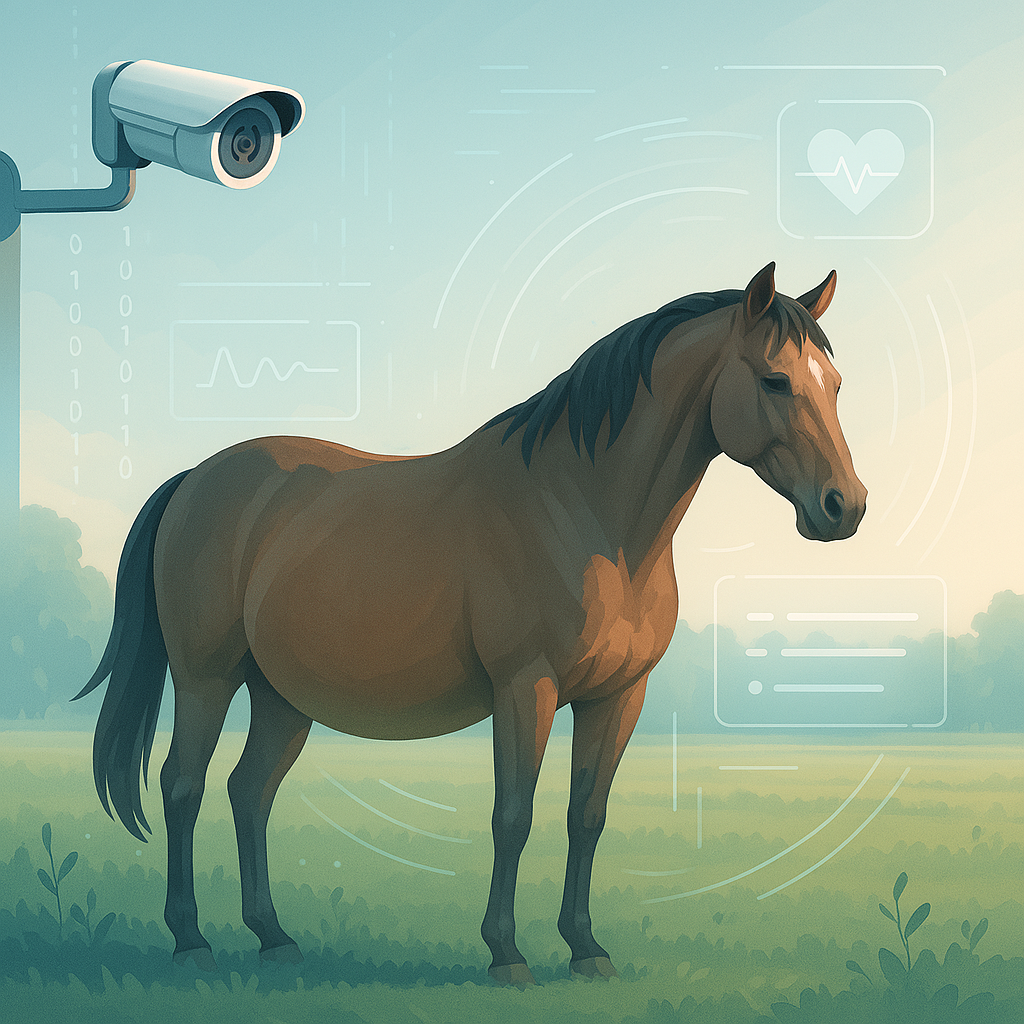
Artificial Intelligence in Service of Equine Breeding
Artificial intelligence (AI) is revolutionizing many sectors, and equine breeding is no exception. AI technologies now offer innovative solutions to improve horse welfare, optimize breeding practices, and facilitate the work of industry professionals.
Early detection of health issues
Through data analysis and machine learning, AI systems can detect subtle signs of health problems before they become visible to the human eye. Sensors placed in stables or on the horses themselves continuously collect data on their temperature, heart rate, movements, and behavior.
Optimizing reproduction
Equine reproduction is a complex field where precision is essential. AI helps determine the optimal time for mating or artificial insemination by analyzing mares' hormonal cycles. It also allows for more accurate prediction of foaling dates, reducing risks for both the mare and the foal.
Monitoring foaling
This is where FirstBreath particularly excels. Our system uses advanced AI algorithms to analyze real-time video footage of mares in late gestation. It can detect early signs of foaling and immediately alert the breeder when the critical moment approaches, enabling rapid intervention if necessary.
Genetic improvement
AI also aids in optimizing breeding programs by analyzing genetic data and horse performance. It can identify the most promising genetic combinations and help breeders make informed decisions to improve their bloodlines.
Challenges and prospects
Despite its many advantages, the adoption of AI in equine breeding faces certain challenges, including the cost of equipment, the need for training, and sometimes resistance to change. However, as these technologies become more accessible and their benefits are proven, their use is expected to become more widespread.
The future of equine breeding will undoubtedly be marked by the increasing integration of artificial intelligence, enabling more precise, efficient, and animal welfare-friendly practices.
About the author(s)
Article co-written by a large language model and checked by the FirstBreath team.